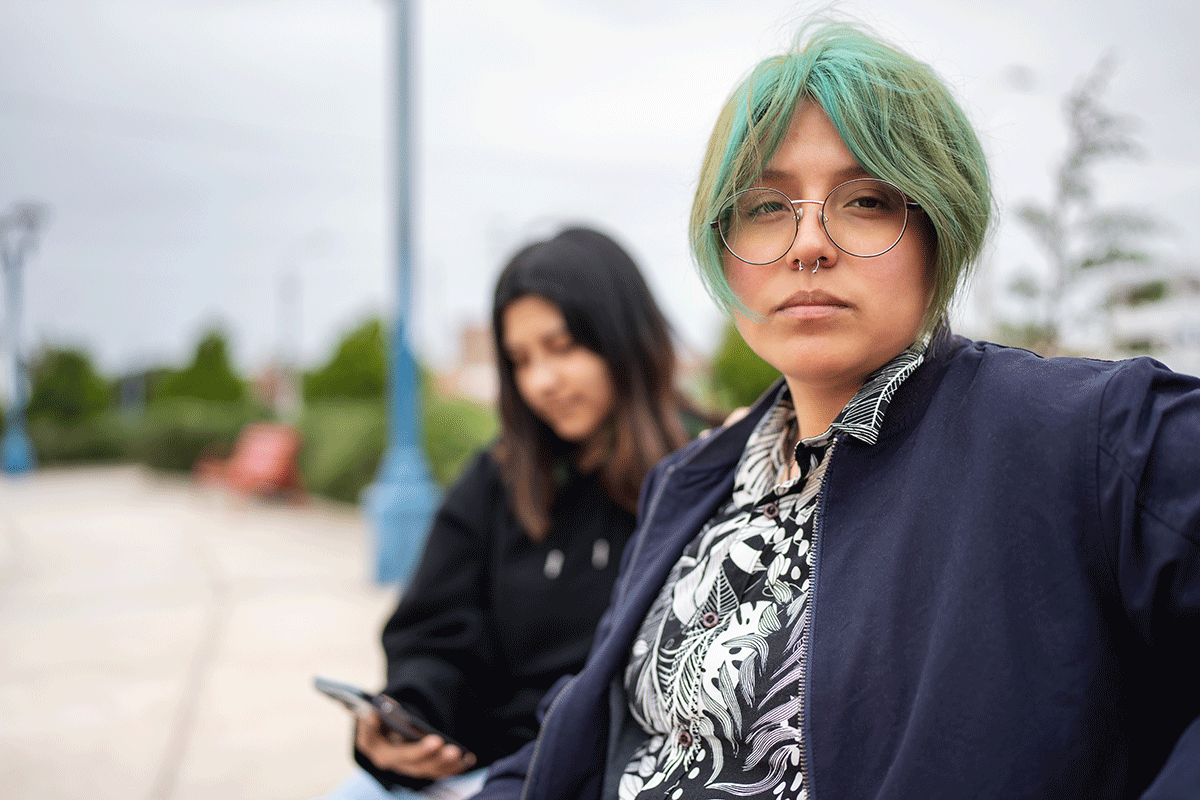The LGBTQ Community and Addiction: What You Should Know

It is no secret that the LGBTQ community faces unique obstacles and challenges when it comes to substance use issues. Unfortunately, the LGBTQ community is disproportionately affected by substance use issues, with higher-than-average rates of substance use disorders than their heterosexual peers. It’s important to understand that this discrepancy is due to a combination of factors, including discrimination. An LGBTQ addiction treatment program that not only treats addiction but also addresses the underlying issues associated with it can be extremely beneficial.
Understanding Addiction in the LGBTQ Community
The reasons why substance use issues among those in the LGBTQ community are so common can be attributed to a variety of factors. Often, it can be linked to discrimination and stigma from society, as well as other forms of oppression like racism or sexism. This can lead to feelings of isolation, rejection, or marginalization, which can lead individuals to turn to drugs or alcohol as a coping mechanism. Additionally, mental health issues such as depression or anxiety are also more prevalent among those who identify as queer or trans due to these forms of discrimination, which often exacerbate substance use issues.
While society as a whole has made moves toward acceptance and inclusion, many individuals who are part of the LGBTQ community face discrimination, homophobia, transphobia, and other forms of oppression both in public and private. The stress and trauma associated with these experiences can contribute to addiction and substance use issues. This perpetuates a cycle where individuals feel even more isolated and alone, and addiction thrives on isolation.
How Treatment Centers Can Help
It is imperative that treatment centers understand these unique needs when treating those who identify as part of the LGBTQ community. For example, it may be necessary for therapists at these centers to understand how gender identity impacts relationships between clients and clinicians—and how they can better treat patients accordingly while still maintaining respect and sensitivity towards their individual identities. Additionally, treatment centers should strive to create safe spaces where members of this population can openly talk about their experiences without fear of judgment or discrimination. This type of environment allows clients to feel comfortable being open about their struggles with addiction without worrying about repercussions or repercussions based on their sexuality or gender identity.
If you’re part of the LGBTQ community and are looking for an addiction treatment center, consider the following in your search:
- Look for addiction treatment centers that specialize in and provide services to those in the LGBTQ community.
- Look for addiction treatment centers that have therapists and clinicians who are culturally competent in dealing with addiction in the LGBTQ community.
- Contact addiction centers directly to ask about their policies on LGBTQ addiction treatment.
- Check for addiction centers that are accredited and held to high standards by outside organizations.
- Look for addiction centers that use evidence-based addiction treatment practices.
It’s crucial for treatment programs to not just be accepting and welcoming, but to offer care that takes into account the unique challenges that LGBTQ individuals face when it comes to addiction. This can include anything from specialized addiction treatment programs to support groups that focus on gender identity and sexuality. From therapists who are themselves part of the LGBTQ community to peer support groups, there are a variety of resources available that can help.
Reach Out to Tree House Recovery for LGBTQ Addiction Treatment
At Tree House Recovery’s North Carolina treatment center, we understand the unique struggles that those in the LGBTQ community face when it comes to addiction. Through compassionate, evidence-based addiction treatment and therapeutic practices, we strive to address addiction from all angles—including the underlying issues that can lead to addiction in the first place.
Reach out to our team at 910.812.1728 or connect with us online today if you’re ready to get started on the journey to recovery.
